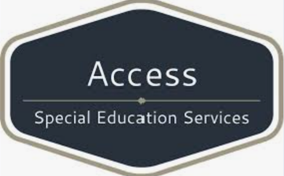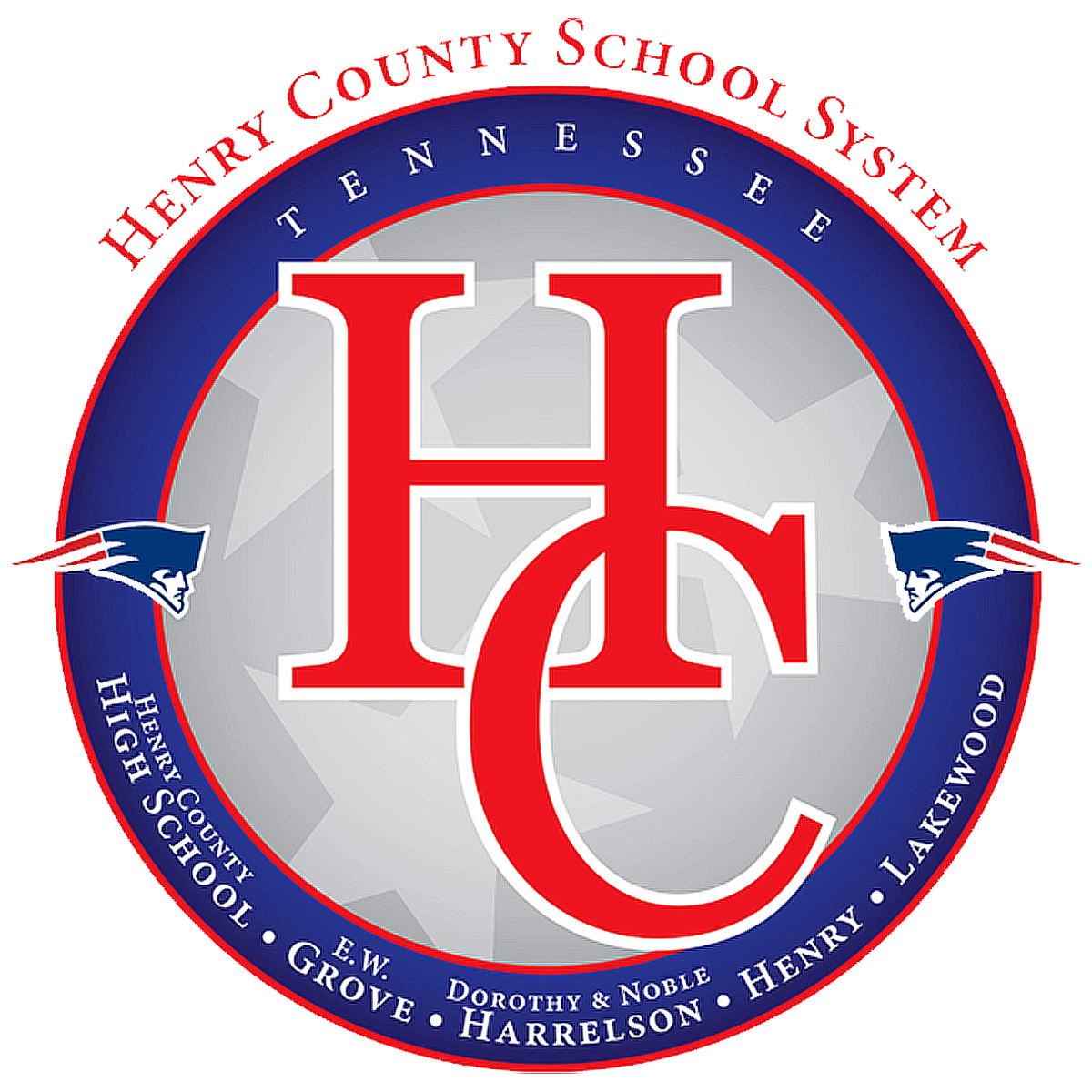
ACCESSING SPECIAL EDUCATION SERVICES
Special education services are accessed through a process of Referral, Evaluation, and Eligibility.
Special Populations Department
Child Find and Special Education Services
Preschool-Aged Children
Parents or guardians of children ages 3 to 5 who may have developmental delays or other disabilities are encouraged to contact the Henry County School System Special Populations Department.
The Special Populations Department is responsible for Child Find, which identifies and evaluates preschool-aged children who may need special education services. Educational needs are determined through parent interviews, developmental screenings, and individual evaluations.
Areas evaluated may include, but are not limited to:
Vision and hearing
Speech and language
Fine and gross motor skills
Cognitive/pre-academic skills
Social/emotional development
Adaptive behavior
For assistance or to schedule an evaluation, please contact the Henry County Special Populations Department at 731-642-9733.
School-Aged Children
For children who are currently enrolled in school, the process of accessing special education services typically begins at the school level.
If you believe your child may need additional support, the first step is to contact your child’s teacher or school counselor to discuss your concerns. Each student’s needs are considered individually, and decisions regarding special education eligibility and services are made based on comprehensive evaluation data.
You may also contact the Henry County School System’s Special Populations Department directly at kibblerden@henryk12.net for assistance or to discuss next steps.
Child Find
The Henry County School System Child Find program identifies, locates, and evaluates children ages 3 through 21 who may have disabilities and are in need of special education and related services.
This includes students who may have:
Developmental Delays
Specific Learning Disabilities
Intellectual Disabilities
Speech or Language Impairments
Other Health Impairments
Visual or Hearing Impairments
Orthopedic Impairments
Autism
Emotional Disturbance
Multiple Disabilities
Intellectually Gifted
Traumatic Brain Injury
Deaf-Blindness
Educational needs are determined through collaboration between parents, teachers, and evaluators. Areas assessed may include cognitive ability, communication, motor skills, social/emotional functioning, and adaptive behavior.
If a child meets Tennessee’s state eligibility standards and requires special education services, an Individualized Education Program (IEP) will be developed to ensure a Free Appropriate Public Education (FAPE) in the Least Restrictive Environment (LRE).
Referral Process
A referral for special education consideration may be made by a parent, teacher, school counselor, or other individual involved in a student’s education.
Referrals begin with the Support Team (S-Team) at the child’s school. The S-Team reviews the student’s academic performance and behavior to determine appropriate supports and interventions within the general education program before a referral for special education is made.
The S-Team may recommend instructional interventions, accommodations, or targeted supports to address the student’s needs. If these interventions are not sufficient, the S-Team may refer the student for a formal special education evaluation.
Response to Instruction and Intervention (RTI²)
RTI² is a tiered framework designed to identify and support students who are struggling academically or behaviorally before a referral for special education is made.
Through ongoing progress monitoring and data review, the RTI² team determines appropriate levels of intervention:
Tier I: Core classroom instruction
Tier II: Targeted small group interventions
Tier III: Intensive, individualized interventions
If a student does not make adequate progress after receiving Tier III interventions, the RTI² team may recommend a screening or full evaluation for special education eligibility.
Beginning July 1, 2014, RTI² became the only allowable process for identifying Specific Learning Disabilities in reading, math, and written expression in Tennessee.
Evaluation Process
When a formal referral is made, an IEP team is convened to develop an evaluation plan. Written parental consent is required before any evaluation begins.
The district must complete the evaluation and determine eligibility within 60 calendar days of receiving parental consent, as required by state and federal law.
Evaluations may include input from:
Parents, through interviews, developmental histories, and records
School psychologists, assessing academic, cognitive, social, and emotional functioning
Speech-language pathologists, evaluating communication skills
Occupational and physical therapists, assessing fine and gross motor abilities
General and special education teachers, contributing classroom observations and performance data
English Language Learner (ELL) staff, when appropriate, to assess English proficiency
Parents are encouraged to share relevant medical or private evaluation reports for the team’s consideration.
Eligibility Determination
Eligibility for special education is determined through a two-pronged process:
The IEP team determines whether the student meets criteria for one or more disability categories as defined by federal and state law.
The team determines whether the student’s disability requires special education services in order to make progress in the general education curriculum.
Eligibility is reviewed at least every three years unless an earlier reevaluation is requested.
Programs and Services
All special education programs and services in the Henry County School System are individualized to meet each student’s unique needs.
Each eligible student has an Individualized Education Program (IEP) developed annually by the IEP team. The IEP outlines:
The student’s present levels of performance
Participation in the general education program
Necessary accommodations and modifications
Special education and related services to be provided
Goals and methods for measuring progress
Our goal is to ensure every student receives the support needed to reach their fullest potential in the least restrictive environment.
